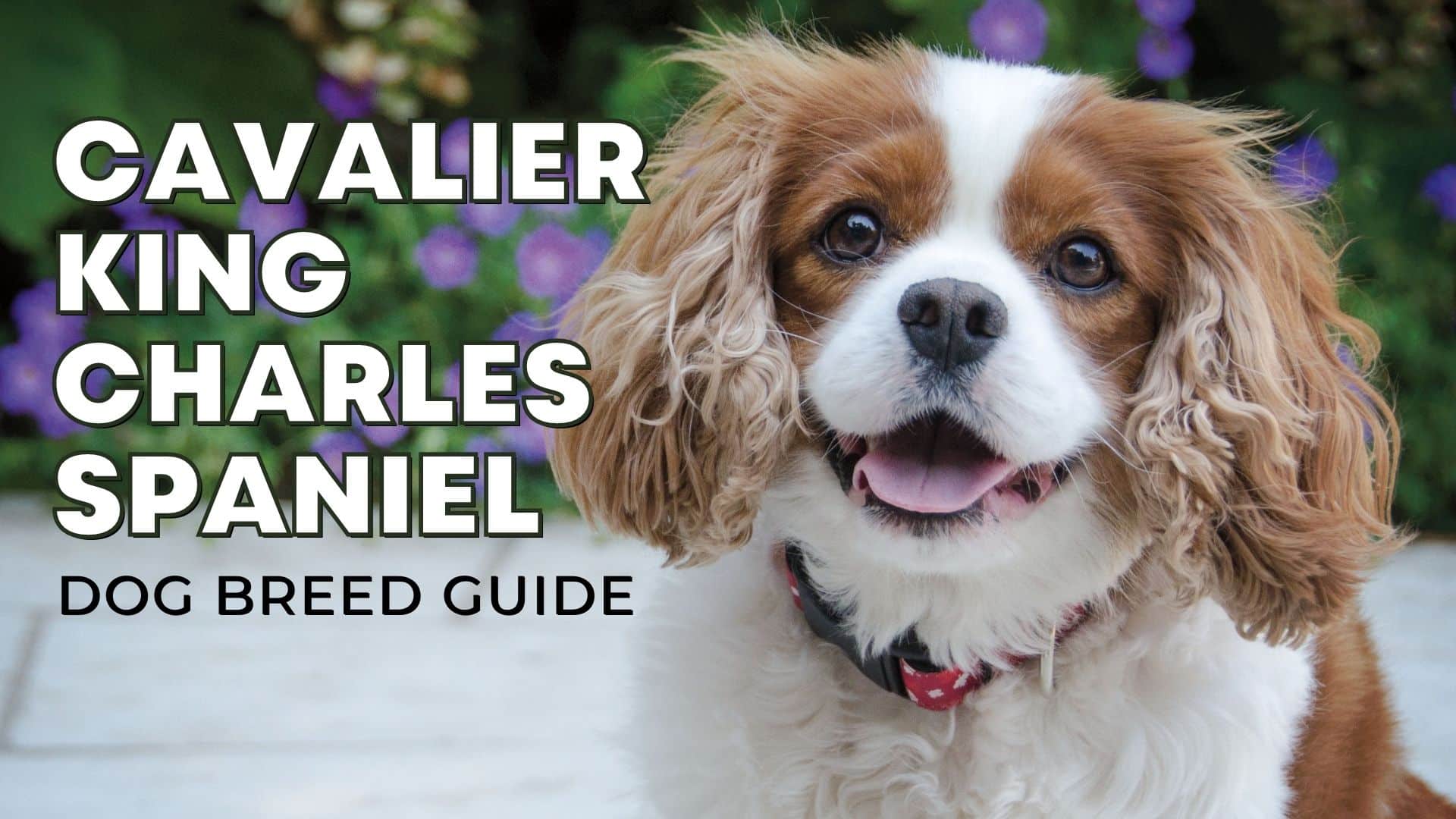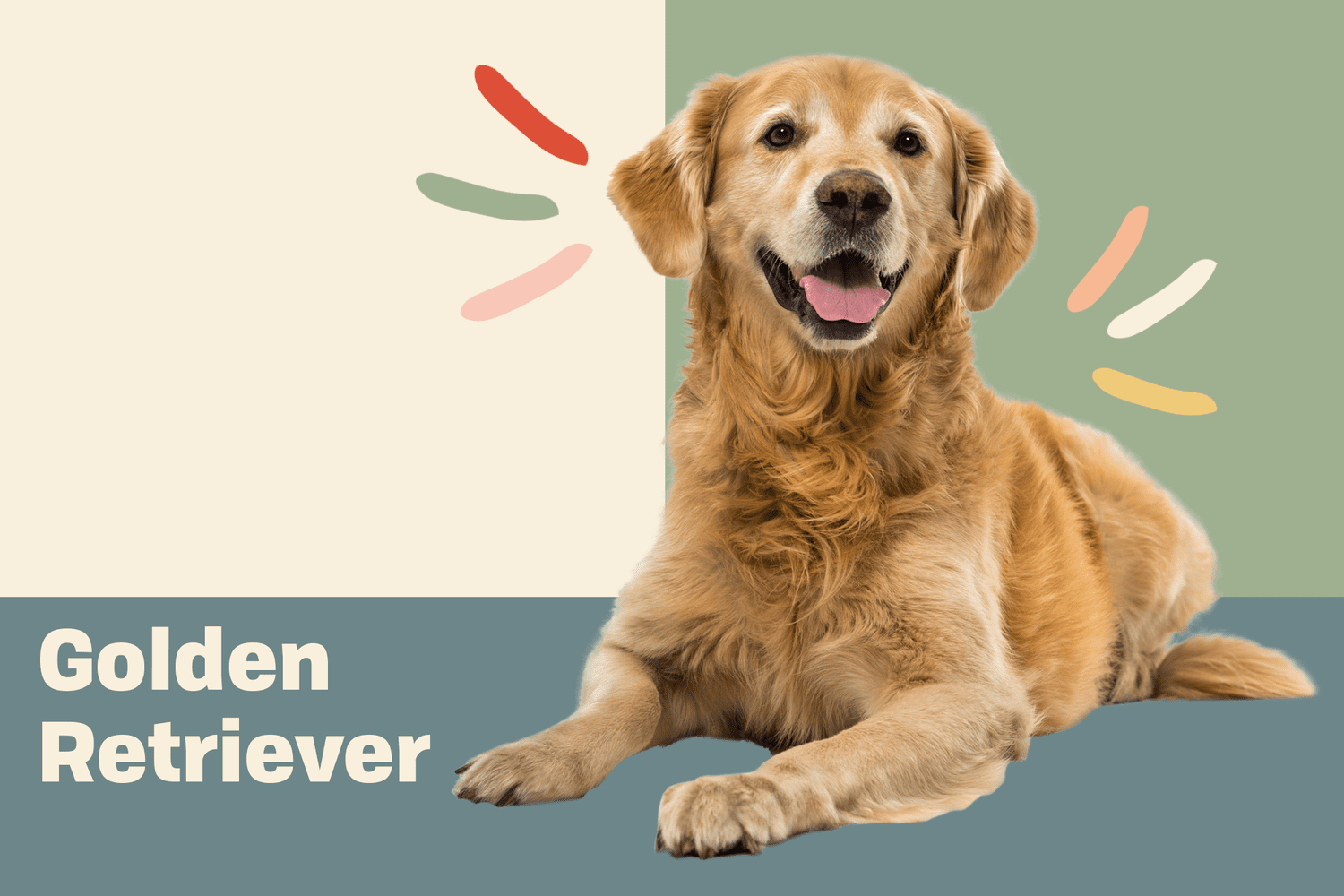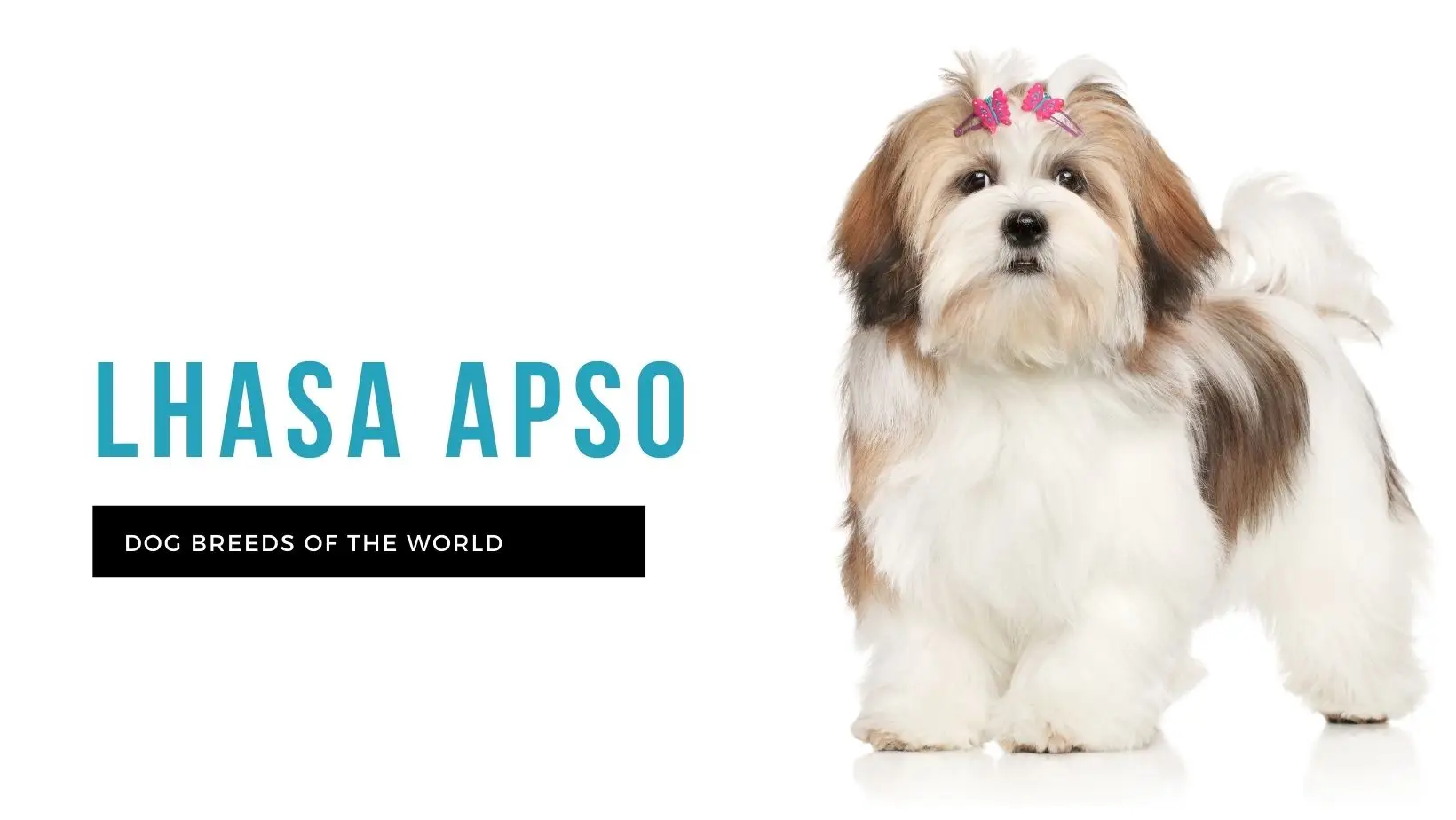Cavalier King Charles Spaniel: The Ultimate Guide
The Cavalier King Charles Spaniel is a popular toy breed known for its affectionate personality, striking looks, and playful energy. As one of the most beloved dog breeds worldwide, these dogs are cherished for their loyalty and companionship. Whether you’re considering adopting one or already have a Cavalier King Charles Spaniel, this guide will provide you with everything you need to know about the breed’s characteristics, grooming, health, training, and how to give your dog the best life possible.
🐶 Breed Overview
- Breed Name: Cavalier King Charles Spaniel
- Group: Toy Group (AKC)
- Origin: United Kingdom
- Lifespan: 12 to 15 years
- Weight: 13 to 18 pounds (5.9 to 8.2 kg)
- Height: 12 to 13 inches (30 to 33 cm)
- Temperament: Affectionate, Playful, Gentle, Sociable, Intelligent
- Coat Type: Silky, Medium Length, Wavy or Slightly Curly
- Hypoallergenic: No (they do shed)
📜 History of the Cavalier King Charles Spaniel
The Cavalier King Charles Spaniel is named after King Charles II of England, who was an avid fan of small spaniels. The breed’s history can be traced back to the 17th century, where they were favored by European royalty. In the past, they were often seen in portraits of nobility, lounging on their owners’ laps.
The modern Cavalier King Charles Spaniel was officially recognized by the American Kennel Club in 1995, though the breed has a long history as a companion dog. Interestingly, this breed shares a close ancestry with the English Toy Spaniel, although it is a separate breed with distinct characteristics.
🧠 Temperament and Personality
Cavalier King Charles Spaniels are renowned for their affectionate nature. They are known to be friendly, loyal, and playful, making them excellent companions for families, singles, and seniors alike. These dogs are known for their desire to be close to their owners, often following them from room to room and curling up on their laps when given the chance.
Key Personality Traits:
- Affectionate: These dogs are extremely loving and thrive on human interaction. They bond closely with their family members.
- Friendly: Cavaliers are very social and enjoy being around people and other pets.
- Playful: Although they are known for their calm demeanor, they are also playful and energetic when it’s time to engage.
- Gentle: They have a soft temperament and do well with children and elderly people alike.
- Intelligent: Cavaliers are quick learners, making them easy to train with positive reinforcement.
Despite their gentle nature, it’s important to expose your Cavalier to different people, animals, and environments early on to ensure they become well-adjusted adults.
🏠 Is the Cavalier King Charles Spaniel Good for Apartment Living?
Yes! The Cavalier King Charles Spaniel is an ideal breed for apartment living. Their small size, low to moderate energy levels, and friendly nature make them great companions for individuals living in smaller spaces. They do well in environments where they are indoors most of the time, provided they get plenty of attention and mental stimulation.
However, like all dogs, they need daily walks, and regular playtime to stay happy and healthy. If left alone for too long, they may develop separation anxiety, as they are very attached to their owners.
🛁 Grooming and Care
The Cavalier King Charles Spaniel’s silky coat is one of its most distinctive features, but it also requires regular care to maintain its beauty and health.
Grooming Tips:
- Brushing: Brush your Cavalier’s coat at least three times a week to prevent tangling and matting. Their coat is long and silky, so it’s essential to keep it clean and free from knots.
- Bathing: Give your Cavalier a bath every 4 to 6 weeks using a gentle dog shampoo.
- Ear Care: Cavaliers are prone to ear infections due to their long, floppy ears. Clean their ears regularly and check for signs of infection.
- Nail Trimming: Trim their nails every 3 to 4 weeks to keep them comfortable and prevent issues with walking.
- Dental Care: Regular brushing of their teeth is essential to maintain dental health.
It’s also a good idea to bring your dog to a professional groomer for a trim and thorough cleaning every few months.
🍗 Feeding and Nutrition
The Cavalier King Charles Spaniel requires a balanced diet to maintain a healthy weight. These dogs are prone to obesity, so portion control is important. Feed them high-quality dog food that is appropriate for their size and age.
Feeding Tips:
- Food Type: Choose a high-quality dog food that’s formulated for small to medium breeds. Look for foods that include high-quality protein and healthy fats.
- Feeding Frequency: Feed your dog twice a day — once in the morning and once in the evening.
- Portion Control: Consult your vet to determine the right amount of food based on your dog’s age, weight, and activity level.
- Watch for Overfeeding: These dogs love food and can easily become overweight, so be mindful of their weight and avoid excessive treats.
- Fresh Water: Always make sure fresh water is available for your Cavalier throughout the day.
⚕️ Health and Common Issues
Cavalier King Charles Spaniels are generally healthy dogs, but like all breeds, they are prone to certain health conditions. Regular vet check-ups and preventive care are important to keep them healthy and happy.
Common Health Issues:
- Mitral Valve Disease: This is a heart condition common in Cavalier King Charles Spaniels as they age. Regular heart check-ups are important.
- Syringomyelia: A painful condition where cavities or cysts form within the spinal cord near the brain. It can be a serious issue for this breed.
- Eye Issues: Cavaliers are prone to cataracts and retinal problems, which can affect their vision.
- Hip Dysplasia: This is a common issue among many dog breeds and can be managed with proper care.
It’s important to choose a reputable breeder who screens for hereditary issues and to keep up with regular vet visits.
🎓 How to Train a Cavalier King Charles Spaniel
Training a Cavalier King Charles Spaniel is generally easy due to their intelligence and eagerness to please. However, they can be a bit stubborn at times, so patience and consistency are key.
Training Tips:
- Start Early: Begin socializing and training your dog at an early age to help them become well-behaved and confident.
- Positive Reinforcement: Cavaliers respond well to positive reinforcement, such as praise and treats.
- Consistency: Consistency is crucial when training your dog. Use the same commands and reinforce them regularly.
- Keep Training Sessions Short: These dogs are highly intelligent but can get bored quickly, so keep training sessions short and fun.
- Basic Commands: Teach your dog basic commands such as sit, stay, come, and heel. They are quick learners and enjoy having tasks to complete.
Training a Cavalier King Charles Spaniel can be a fun and rewarding experience, as they love to please their owners.
🏃 Exercise Needs
Although the Cavalier King Charles Spaniel is a small dog, they still require regular exercise to stay healthy. While they aren’t as high-energy as some other breeds, they enjoy daily walks and playtime.
Recommended Activities:
- Walks: Provide at least 30 minutes to an hour of walking each day.
- Interactive Play: Cavaliers love interactive games such as fetch or tug-of-war.
- Mental Stimulation: Puzzle toys and training exercises are great ways to keep their minds active.
✔️ Pros of Owning a Cavalier King Charles Spaniel
- Affectionate and Loyal: They bond closely with their family members and love to snuggle and be around people.
- Great for Apartments: Their small size and calm demeanor make them ideal for apartment living.
- Good with Children and Pets: Cavaliers are great with children and get along well with other pets.
- Easy to Train: Their intelligence and eagerness to please make them easy to train.
- Hypoallergenic: While not completely hypoallergenic, they shed minimally, making them a good option for people with allergies.
❌ Cons of Owning a Cavalier King Charles Spaniel
- Health Problems: They are prone to certain health issues such as heart problems and syringomyelia.
- Separation Anxiety: These dogs can become anxious if left alone for long periods.
- Grooming Needs: Regular grooming is required to keep their coats healthy.
- Potential for Obesity: They can become overweight if not properly fed and exercised.
🧺 Final Thoughts
The Cavalier King Charles Spaniel is an excellent companion for individuals and families who want a loving, playful, and intelligent dog. While they do have some health concerns, with proper care and attention, they can be a delightful addition to any home. Whether you’re seeking a lap dog or a fun-loving playmate, the Cavalier King Charles Spaniel is sure to provide endless affection and joy.




